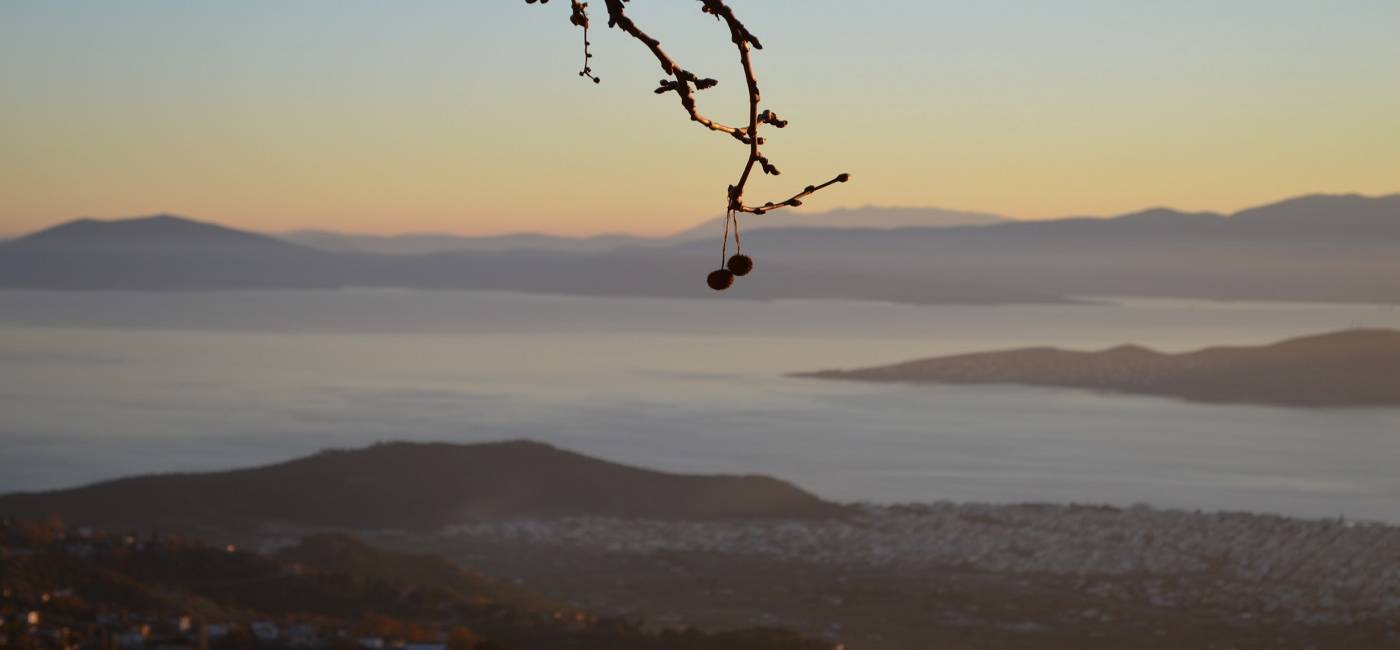Why There Is More To Pelion Than Spectacular Beaches
1. Spirituality
Pelion is not just a beautiful mountain. It’s a spiritual, sacred place since ancient times.The Olympian Gods rightfully made Pelion their summer retreat. Homeland to the wise Centaur Chiron and alma mater to Asclepius, Pelion with its thousand species of herbs and medicinal plants, springs, and caves was a place of enlightenment, inspiration and healing. In the 11th century AD, the spiritual power of the mountain attracted Christian hermits seeking isolation and peace. Pelion grew to become the 3rd in importance monastic community in the country after Mount Athos and Meteora with small villages developing around the first monasteries in the 14th – 16th cent. Today, visitors feel the spirituality as they visit the old monasteries, collect their own herbs, explore the caves of the Centaurs, go horseback riding, and immerse themselves in the primeval forest.
2. Dramatic Scenery
There is something majestic about the Pelion scenery. Much of its appeal is due to its sheer variety. Visitors can find anything from thick oak forests to vast olive groves some of which on fields so steep it makes you wonder how the owners harvest the olives when the time comes each year. Long, deep gorges emerging from rocky barren landscapes ultimately find their way to the sea. There are several beautiful mountains in Greece, but only one mountain is surrounded by the sea in such a special way. A tranquil and calm bay on one side, a rough and choppy sea on the other. Whatever season you visit Pelion, its slopes are among the most picturesque in the country. Being the most densely populated mountain in Greece, Pelion villages form a dramatic scenery on their own merit. Tacked on the mountain, Makrinitsa is a village with an altitude difference of 500 m from the lowest house to the highest one up top!
3. Authentic Accommodation
If you like all-inclusive deals and vast hotels, then, Pelion is not for you. All-inclusive hotels simply do not exist here and even big hotels with more than 60 rooms can be counted on one hand. Instead, accommodation in Pelion is intimate with hundreds of family-run boutique hotels each with a unique character and history. Most Pelion hotels are historic mansions, that is, village houses of the 18th-19th and early 20th centuries that have been carefully renovated and turned into hotels while preserving the original Pelion-style architecture, decoration and character of the building. Located in the heart of a Pelion village, these architectural gems offer incredible views, rooms with a fireplace, Greek breakfast with locally sourced products, and occasionally beautiful gardens. More recently, low-key boutique hotels have been constructed right on the beach or amidst an olive grove with vistas to the Aegean and the Bay. These charming rural retreats are affordable yet luxurious with a pool and spa amenities. Furthermore, some of the best Pelion restaurants operate in these boutique hotels and they themselves are a destination for those who love delicious homemade-style meals and warm friendly service.



